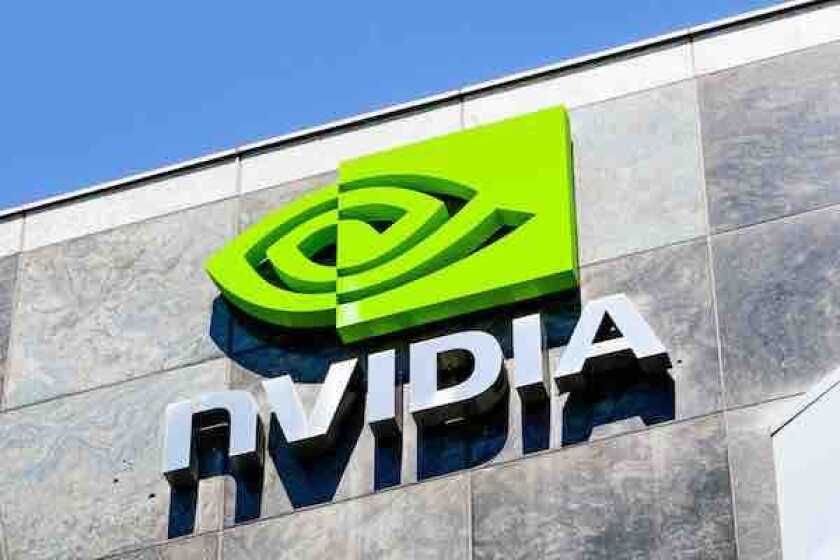The news broke Friday, 20 August, in the phase one executive summary produced for the Department for Digital, Culture, Media and Sport (DCMS), headed by digital secretary Oliver Dowden.
The concerns relate to ARM's intellectual property (IP), which the CMA said could be accessed by rivals if the deal goes through. Arm’s IP is used by companies that produce semiconductor chips and related products, in competition with NVIDIA.
Earlier this month, the UK government said it was considering blocking the deal on national security grounds. This route is still being considered.
On the latest development, Andrea Coscelli, chief executive of the CMA, said: “We’re concerned that NVIDIA controlling Arm could create real problems for NVIDIA’s rivals by limiting their access to key technologies, and ultimately stifling innovation across a number of important and growing markets. This could end up with consumers missing out on new products, or prices going up.
“The chip technology industry is worth billions and is vital to products that businesses and consumers rely on every day. This includes the critical data processing and datacentre technology that supports digital businesses across the economy, and the future development of artificial intelligence technologies that will be important to growth industries like robotics and self-driving cars,” Coscelli added.
The phase one investigation related to competition grounds and public interest. Dowden will make a decision on the CMA's findings in due course and confirm whether the phase two investigation is required. This will further assess competition dynamics.
NVIDIA has already offered a behavioural remedy – a measure which regulates the ongoing behaviour of a business – but the CMA found that this type of remedy would not alleviate its concerns.
In its Q2 financial results announced on 18 August, Nvidia reported a 68% leap in revenue year on year to reach $6.51 billion, generated by demand from gaming and data centres.
Record revenues were recorded in both business segments, with gaming revenue up 85% year on year to $3.06 billion and data centre revenue up 35% year on year to $2.37 billion.
In July, Nvidia unveiled the UK’s most powerful supercomputer, the US$100 million Cambridge-1.





